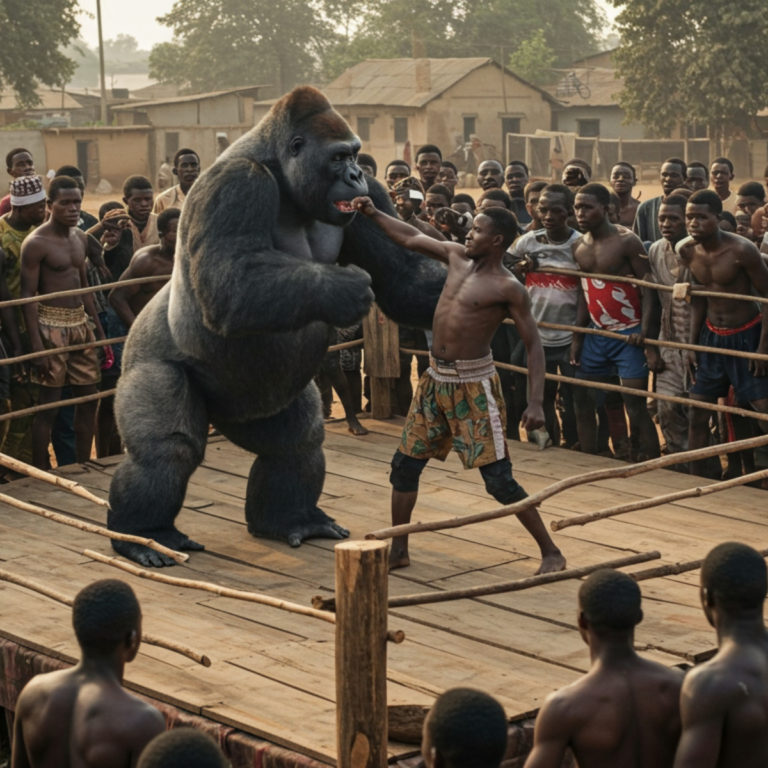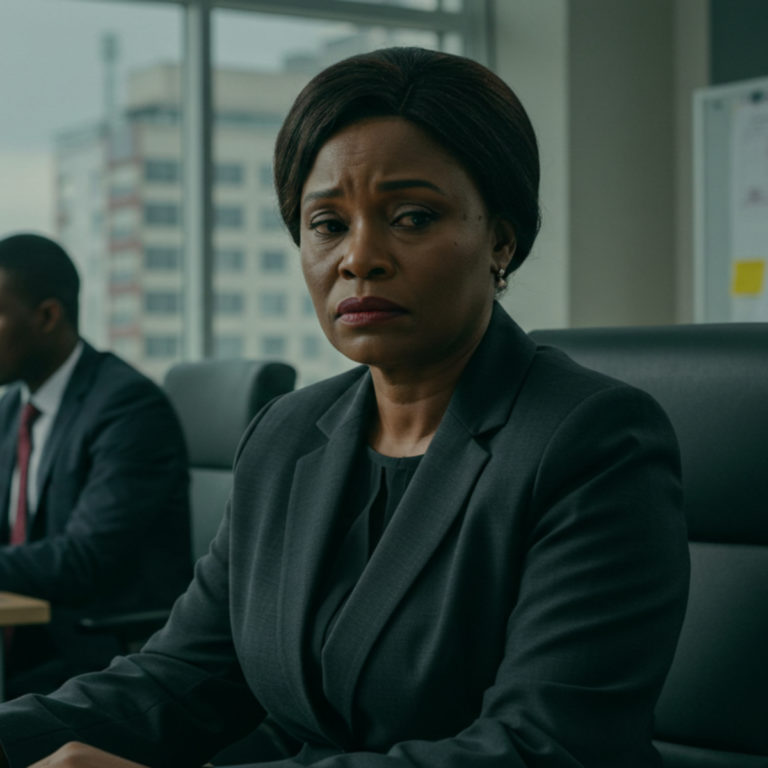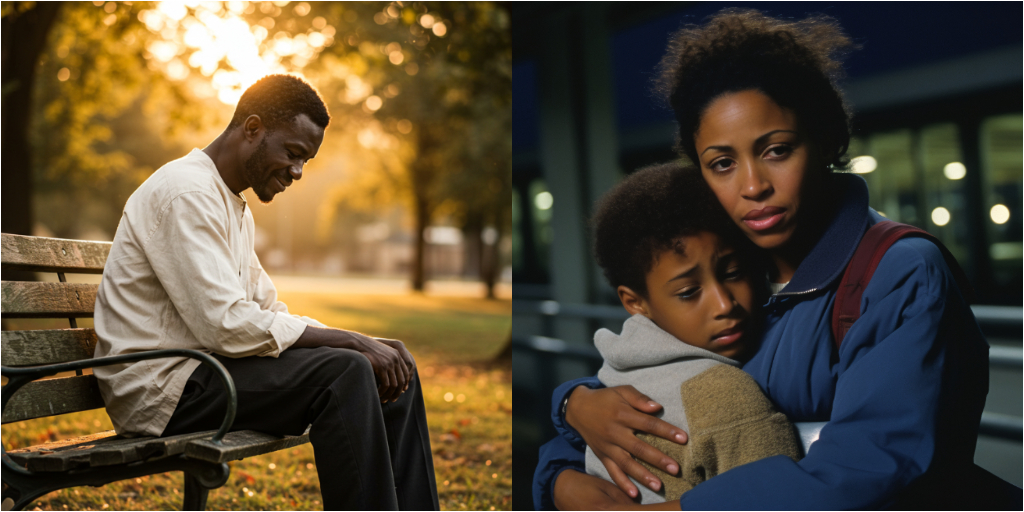
Parenting is hard enough on its own, but when grief enters the picture, it becomes an entirely different journey, one filled with unexpected challenges and emotions many don’t openly discuss. We spoke to three Nigerians who’ve had to deal with this delicate balance, and here’s what they had to say.
Tunde*
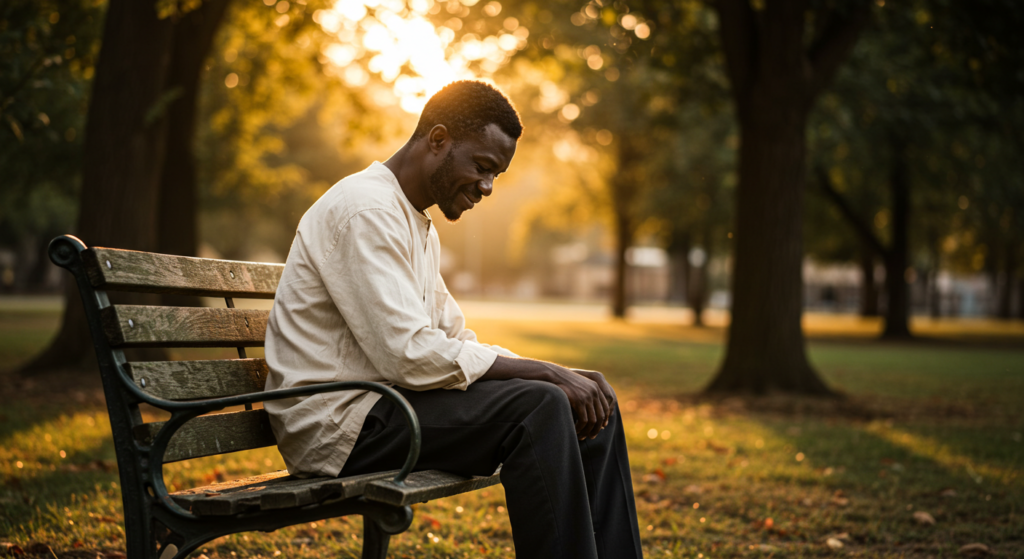
How did you navigate the challenges of parenting while processing your own grief?
I’ll admit it wasn’t easy. My mum passed just a month after my son was born, and I was stuck between the joy of becoming a dad and the devastation of losing the woman who raised me. The first thing I did was allow myself to feel everything. I cried, and I talked about my mum to anyone who would listen — my wife, my siblings, even my baby, who obviously didn’t understand. I made peace with the fact that I couldn’t pour into my son’s life if I didn’t address my own pain first. Therapy also helped me compartmentalise. Understanding that grief and joy could coexist in my life gave me the strength to move forward.
Did the loss change how you raise your kids, or was it business as usual?
My mum was a nurturer, always present and deeply involved in my life. Losing her made me realise how important it is to be fully there for my son. I’ve started journaling small moments with him, so he’ll have something to hold onto even if I’m not around someday. It also taught me to prioritise building a strong emotional connection. It’s the legacy I want to leave behind.
How did you break the news to your kids about the loss, and how do you think it’s shaped them?
My son is still a baby, so he doesn’t understand yet, but I talk about my mum all the time in little ways. I show him pictures and say, “That’s grandma. She would’ve loved you so much.” I think it’s important for him to know where he comes from, even if she’s not physically here. My wife and I plan to make sure he grows up with stories about her kindness and how much she meant to our family.
What’s something that’s kept you sane while trying to be a good parent and handling your own grief?
My faith. Whenever the grief feels overwhelming, I remind myself that God doesn’t give us more than we can handle. It’s also been helpful to lean on my wife; she’s been my rock through this. She reminds me to take things one day at a time, and knowing she’s in my corner makes all the difference.
Amaka*
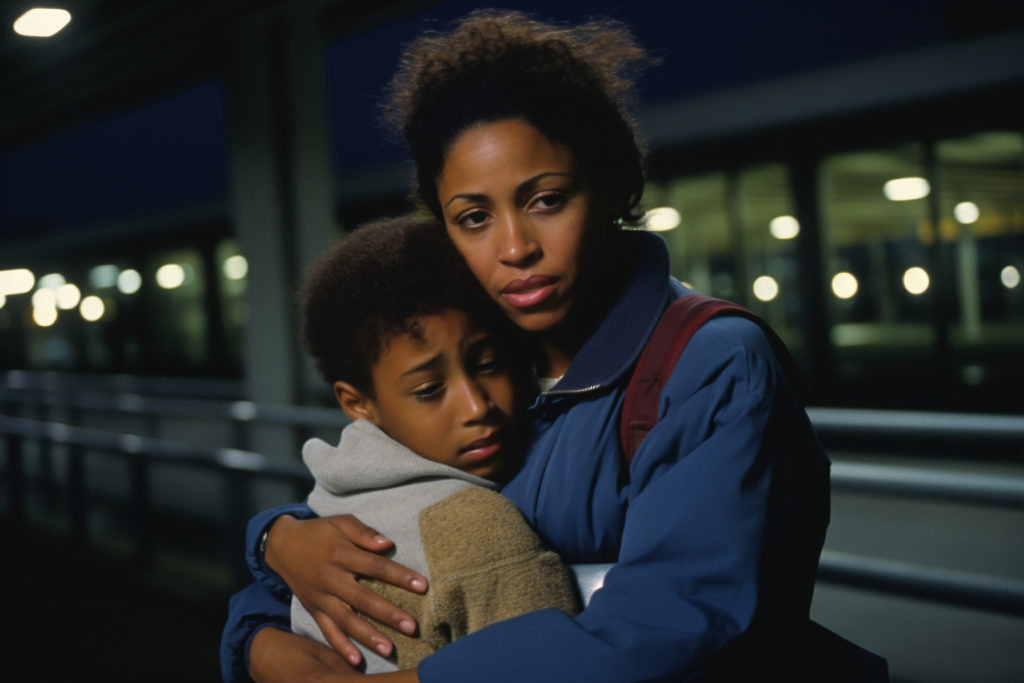
How did you navigate the challenges of parenting while processing your own grief?
For me, losing both parents felt like I’d lost my safety net. Suddenly, I was the grown-up everyone looked to for strength, including my teenage daughter, who was struggling to adjust. It was overwhelming. But I leaned into routines. It’s amazing how just having set times for meals, conversations, and activities gave us both a sense of stability. I also made sure to surround myself with support. My siblings and friends stepped up when I needed someone to take her for a day or help with chores so I could rest and process my emotions.
Did the loss change how you raise your kids, or was it business as usual?
My parents were traditionalists who believed children should be seen, not heard. But their passing made me realise how much I craved their validation growing up. It’s why I’ve consciously tried to be more open with my daughter. I want her to feel seen, heard, and loved, even when we’re not getting along. It’s also a way of healing some of the generational wounds I never addressed with my parents.
How did you break the news to your kids about the loss, and how do you think it’s shaped them?
My daughter was old enough to understand what was happening, and it hit her hard. She was close to my mum, who used to pick her up from school, and she struggled with her sudden absence. We had many honest conversations, often late at night when she couldn’t sleep. I told her it’s okay to feel sad and that grief is a process. At one point, we started a ‘memory jar’ challenge — we’d write down happy memories of my parents and read them whenever we missed them. It helped both of us heal.
What’s the one thing that’s kept you sane while trying to be a good parent and handling your own grief?
Two things: therapy and community. Therapy helped me unpack my feelings and learn healthy coping mechanisms, and my community — friends, siblings, even my church group — stepped in when I needed them most. They reminded me that I wasn’t alone and that it’s okay to ask for help.
Dele*
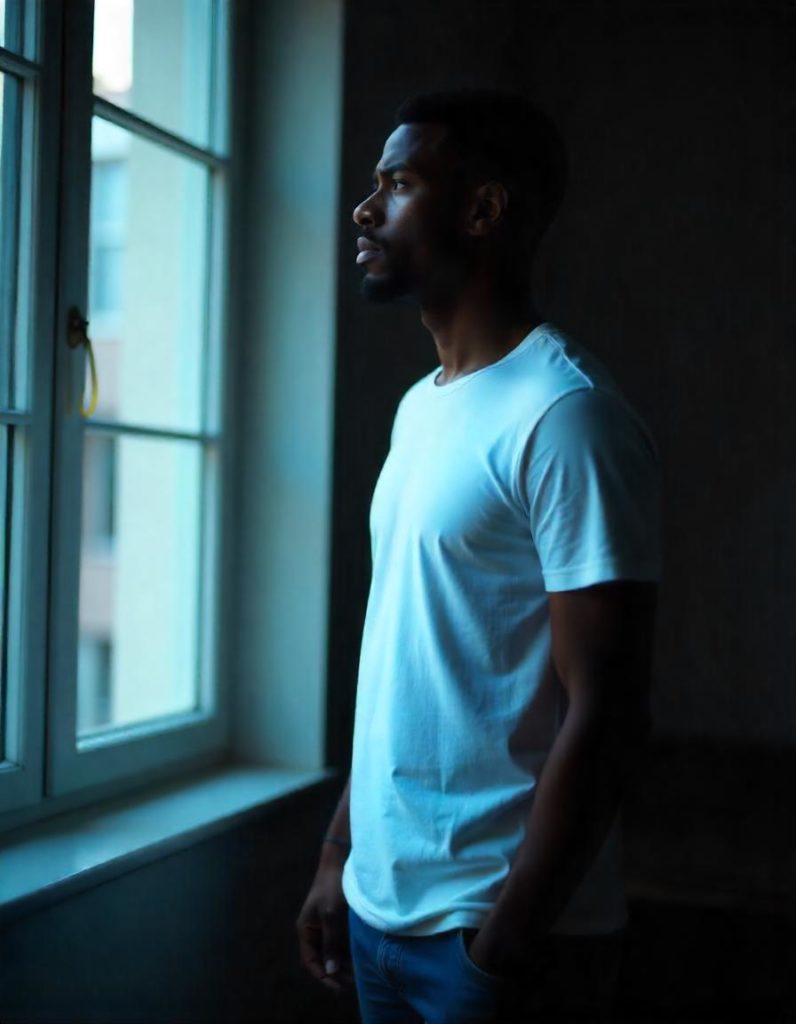
How did you navigate the challenges of parenting while processing your own grief?
I’m still figuring it out, to be honest. Losing my mum while preparing to become a dad is like losing the guidebook for the journey I’m about to start. I’ve tried to channel my pain into action by reflecting on everything she taught me about resilience, kindness, and love. It’s not easy, though. I feel lost sometimes, but I remind myself that showing up for my child is the best way to honour her memory.
Did the loss change how you raise your kids, or was it business as usual?
My mum raised me as a single parent, so she was both my mum and dad. She didn’t have much, but she made sure I knew I was loved and capable of achieving anything. Now, as I prepare to become a dad, I want to replicate her ability to make a child feel secure, no matter the circumstances. Her passing has also taught me the importance of prioritising my health, something she neglected because she was always putting me first.
How will you break the news to your kids about the loss, and how do you think it’ll shape them?
My child isn’t here yet, but I’ve already been thinking about how to explain my mum’s absence when they start asking about her. I want them to know she was a remarkable woman; much of who I am comes from her. I also plan to create traditions honouring her memory, like cooking her favourite meals or visiting her grave as a family. It’s my way of keeping her spirit alive in our home.
What’s the one thing that’s kept you sane while preparing to be a parent and handling your own grief?
I find strength in remembering that my mum didn’t raise a quitter. She always found a way to keep going, no matter how tough things got. I’ve also started journaling my thoughts and feelings — it’s been a great outlet for processing my emotions. And, of course, my partner has been amazing. Knowing we’re in this together makes the journey feel less overwhelming.
If you feel you might need support with grief or loss, please reach out to a self-help service provider like this one.



